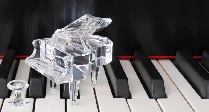I have a long list of books that offer advice on the principles of piano playing which address not only the physical aspects but also the mental side of this skill. At the top of the list are these four books.
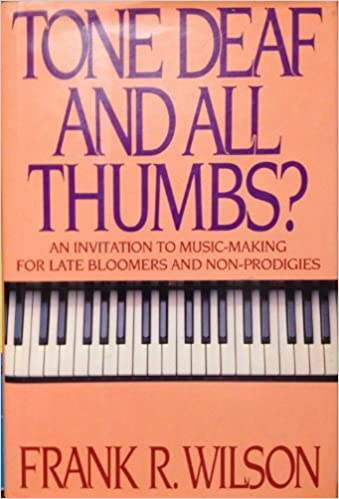
TONE DEAF AND ALL THUMBS? AN INVITATION TO MUSIC-MAKING FOR LATE BLOOMERS AND NON-PRODIGIES by Frank R. Wilson.
Neurology professor Frank R. Wilson decided to combine his two passions, neurology and music, and to explore the connections between the two. He was in his 40's when he decided to learn to play the piano. He says on page 13, "If you are like most people, you would like to play an instrument (or sing) but have accepted the myth that musicians have freakish powers and you were left out. Nothing could be further from the truth!"
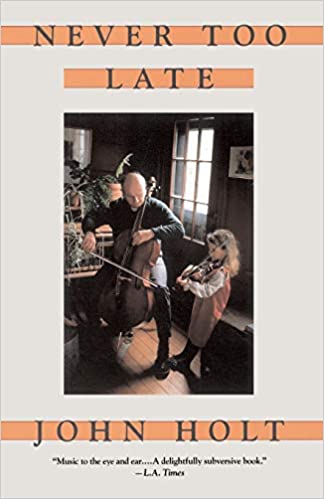
NEVER TOO LATE by John Holt.
"Another wonderful book for adult students. John Holt was an educator searching for clues to how people learn. I have always felt like one of the reasons he took up music was to try to study himself learning. He says on page 116, "The thought came to me … that if music was much less impossible than I had thought, it was much more difficult. I had thought of it as being like jumping a hundred feet straight in the air, or flying like a bird, easy enough if you happened to be a bird, but otherwise something that you could not do no matter how hard you tried. Now I thought of it as something like climbing a huge mountain, or walking ten thousand miles-difficult, arduous, painful even, but something that anyone could do who really wanted to do it, that I could do if I wanted. Soon I decided that this was exactly what I did want."
"Very often when I travel adults come to me and longingly say they want to play a musical instrument but are now too old. I always and with great delight refer them to John Holt's book." … Yo Yo Ma
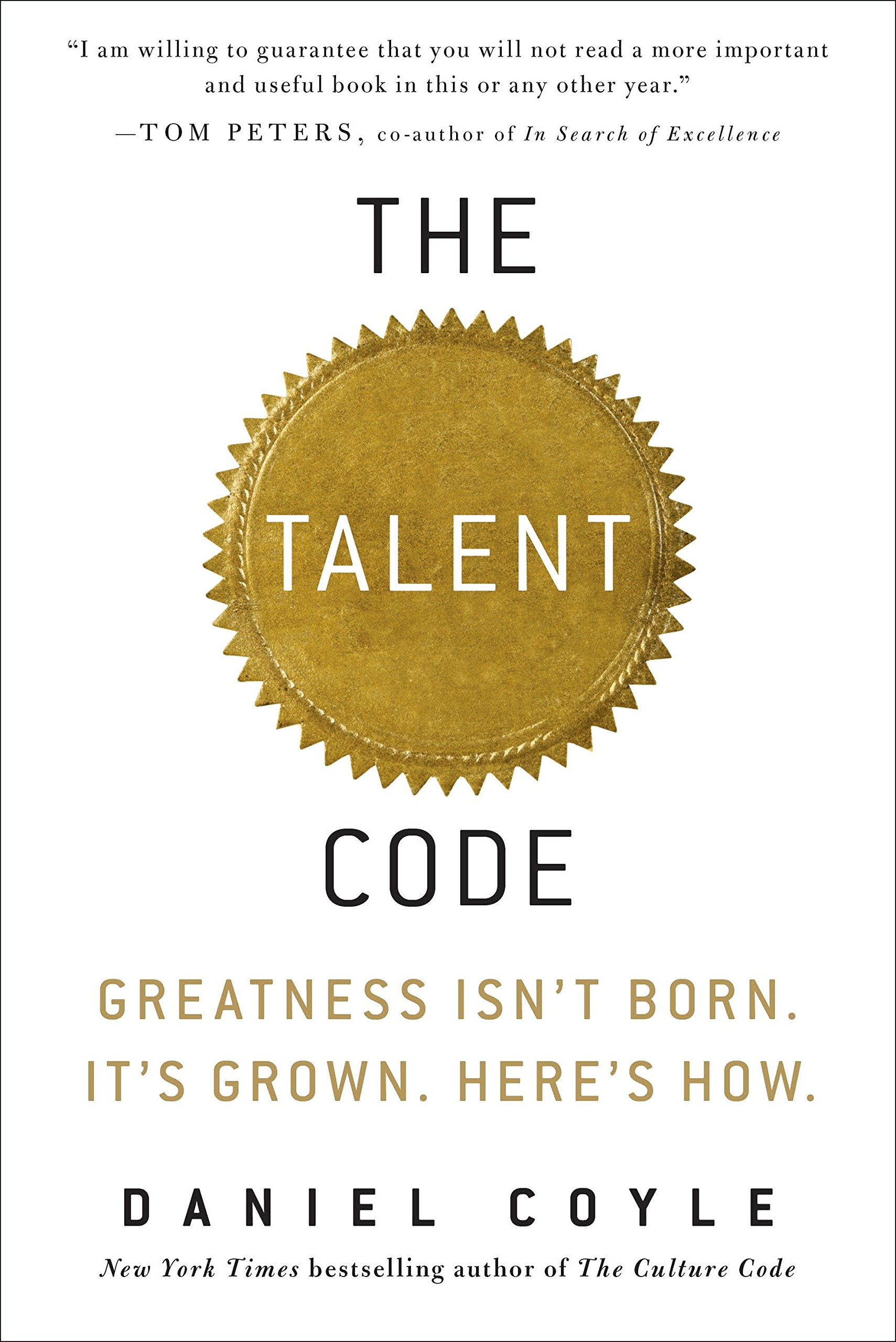
THE TALENT CODE by Daniel Coyle.
The author has combined information from brain research, behavioral research, and real-world training (what he calls "talent hot beds") into a fascinating read. He claims we all have remarkable potential to learn and that our individual capacities and limitations are not, absolutely not, fixed at birth. Genius is a matter of our physical wiring and our personal will.
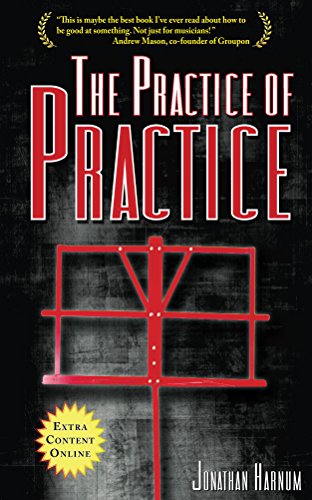
THE PRACTICE OF PRACTICE by Jonathan Harnum.
(From the back cover of the book) Talent means almost nothing when it comes to getting better at music. Practice is everything. But exactly what is good music practice? How does good practice create talent? In this book you'll learn the What, Why, When, Where, Who, and especially the How of great music practice. You'll learn what research tells us about practice, but more importantly, you'll learn how the best musicians in many genres of music think about practice, and what they do to improve. You'll also learn effective practice strategies that will help you get better faster … Don't practice longer, practice smarter.
